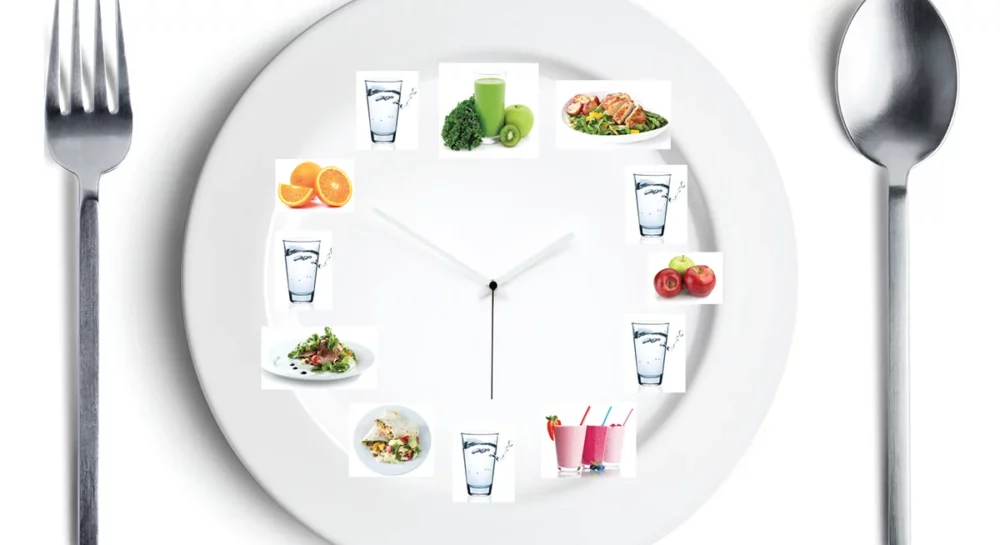Building muscle mass requires a combination of effective training, proper nutrition, and strategic use of sports supplements. While regular food forms the foundation of any diet, supplements can bridge gaps and provide the extra edge needed for significant progress. This article outlines a sample meal plan for mass gain, incorporating sports supplements to maximize your results.
Understanding the Basics of Mass Gain
To gain muscle, you need a caloric surplus—consuming more calories than your body burns daily. However, this surplus should come from nutrient-dense sources rather than empty calories. The three primary macronutrients—protein, carbohydrates, and fats—play crucial roles:
- Protein: Essential for muscle repair and growth.
- Carbohydrates: Provide the energy required for intense training sessions.
- Fats: Support hormone production and overall health.
Sports supplements can optimize this process by improving recovery, enhancing performance, and ensuring you meet your nutritional goals efficiently.
Key Supplements for Mass Gain
- Protein Powders: Help you meet daily protein targets conveniently.
- Whey protein for post-workout recovery.
- Casein protein for sustained muscle repair overnight.
- Creatine: Boosts strength, endurance, and muscle hydration.
- Mass Gainers: High-calorie powders that combine protein and carbs, ideal for hardgainers.
- BCAAs (Branched-Chain Amino Acids): Reduce muscle soreness and promote recovery.
- Pre-Workout Supplements: Provide energy and focus for intense training sessions.
- Fish Oil and Multivitamins: Support overall health and ensure no nutrient deficiencies hinder your progress.
Sample Meal Plan for Mass Gain
Meal 1: Breakfast
- Oatmeal with Protein Powder:
- 1 cup rolled oats.
- 1 scoop whey protein (chocolate or vanilla).
- 1 tablespoon peanut butter.
- 1 medium banana.
- Supplements:
- 1 multivitamin.
- 1 fish oil capsule.
This meal provides slow-digesting carbs for sustained energy and high-quality protein to jumpstart muscle recovery.
Meal 2: Mid-Morning Snack
- Greek Yogurt Parfait:
- 1 cup Greek yogurt.
- 1/2 cup granola.
- A handful of mixed berries.
- Supplement:
- 5 grams of creatine mixed with water or juice.
This snack offers a balanced mix of protein, carbs, and fats, along with creatine to enhance strength and hydration.
Meal 3: Pre-Workout Meal
- Grilled Chicken with Brown Rice and Vegetables:
- 150g grilled chicken breast.
- 1 cup cooked brown rice.
- 1 cup steamed broccoli.
- Supplement:
- Pre-workout supplement for energy and focus.
A combination of lean protein, complex carbs, and fiber ensures sustained energy for your workout.
Meal 4: Post-Workout Shake
- Post-Workout Recovery Shake:
- 1 scoop whey protein.
- 1 scoop dextrose or fast-digesting carbohydrate powder.
- 300 ml almond milk or water.
- Optional Add-On:
- BCAAs during your workout for enhanced recovery.
The fast-digesting protein and carbs replenish glycogen stores and kickstart muscle repair.
Meal 5: Dinner
- Salmon with Sweet Potato and Asparagus:
- 150g baked salmon.
- 1 medium sweet potato.
- 1 cup steamed asparagus.
- Supplement:
- 1 fish oil capsule for omega-3 fatty acids.
This meal provides high-quality protein, healthy fats, and nutrient-dense carbs, supporting muscle growth and overall health.
Meal 6: Evening Snack
- Casein Protein Shake:
- 1 scoop casein protein.
- 300 ml skim milk.
- 1 tablespoon almond butter.
The slow-digesting casein protein ensures a steady supply of amino acids to your muscles overnight, preventing catabolism.
Tips for Success
- Track Your Macros and Calories
Use apps or journals to monitor your calorie intake. Aim for a surplus of 300–500 calories per day to gain weight without excessive fat accumulation. - Stay Consistent
Muscle building requires patience and consistency. Stick to your meal plan and supplement regimen. - Hydrate
Drink at least 3 liters of water daily to stay hydrated, especially when using creatine and pre-workouts. - Adjust as Needed
Regularly assess your progress. If you’re not gaining weight, increase your calorie intake slightly.
Why Combine Food and Supplements?
Whole foods provide essential vitamins, minerals, and fiber, while supplements fill nutritional gaps and enhance specific aspects of your fitness journey. Relying solely on supplements is not recommended, as they complement, not replace, a balanced diet.
A well-structured meal plan combined with the strategic use of sports supplements can significantly accelerate your muscle-building journey. From protein powders for recovery to creatine for performance, each supplement serves a unique purpose in maximizing results. Pair these tools with a consistent workout routine, and you’ll be on the path to achieving your mass-gain goals effectively.
Disclaimer: Consult with a healthcare professional or nutritionist before starting any new diet or supplement regimen, especially if you have pre-existing medical conditions.

